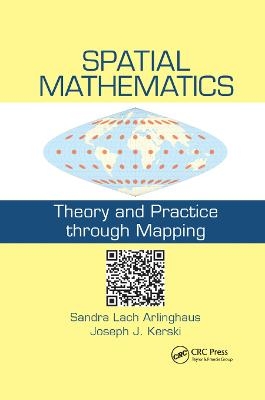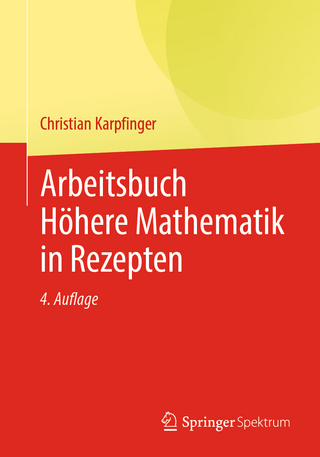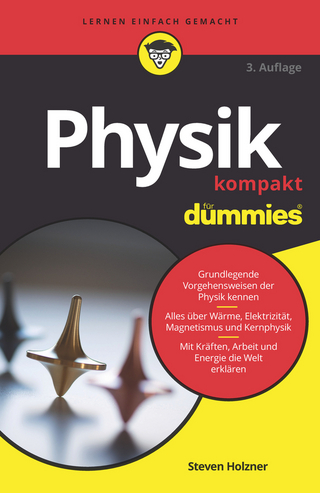
Spatial Mathematics
Theory and Practice through Mapping
Seiten
2019
CRC Press (Verlag)
978-0-367-86704-1 (ISBN)
CRC Press (Verlag)
978-0-367-86704-1 (ISBN)
- Titel z.Zt. nicht lieferbar
- Versandkostenfrei innerhalb Deutschlands
- Auch auf Rechnung
- Verfügbarkeit in der Filiale vor Ort prüfen
- Artikel merken
Spatial mathematics and analysis, two different approaches to scholarship, yield different results and employ different tools. This book explores both approaches to looking at real world issues that have mathematics as a critical, but often unseen, component. Readers learn the mathematics required to consider the broad problem at hand, rather th
In terms of statistics, GIS offers many connections. With GIS, data are gathered, displayed, summarized, examined, and interpreted to discover patterns. Spatial Mathematics: Theory and Practice through Mapping uses GIS as a platform to teach mathematical concepts and skills through visualization of numbers. It examines theory and practice from disparate academic disciplines such as geography, mathematics, physics, and general social science. This approach allows students to grapple with biodiversity, crime, natural hazards, climate, energy, water, and other relevant real-world issues of the twenty-first century.
Includes QR Codes Linked to Animated Maps, a Mapping Activity Site, or to an Interactive Webpage, Creating an Interactive Resource That Stays Relevant
The book integrates competing philosophical views of the world: synthesis and analysis. These two approaches yield different results and employ different tools. This book considers both approaches to looking at real-world issues that have mathematics as a critical, but often unseen, component. This approach shows readers how to use mathematics to consider the broad problem at hand and to explore diverse realms in the worlds of geography and mathematics and in their interface.
A truly interdisciplinary text, the book bridges the worlds of mathematics and geography and demonstrates how they are inextricably linked. It takes advantage of the convergence in citizen science, STEM education, and mapping that help readers become critical consumers of data—understanding its content, quality, limitations, and benefits. It provides thorough grounding in the analytical, statistical, and computational skills required for working in any field that uses geospatial technologies—not just surveyors and remote sensing analysts.
In terms of statistics, GIS offers many connections. With GIS, data are gathered, displayed, summarized, examined, and interpreted to discover patterns. Spatial Mathematics: Theory and Practice through Mapping uses GIS as a platform to teach mathematical concepts and skills through visualization of numbers. It examines theory and practice from disparate academic disciplines such as geography, mathematics, physics, and general social science. This approach allows students to grapple with biodiversity, crime, natural hazards, climate, energy, water, and other relevant real-world issues of the twenty-first century.
Includes QR Codes Linked to Animated Maps, a Mapping Activity Site, or to an Interactive Webpage, Creating an Interactive Resource That Stays Relevant
The book integrates competing philosophical views of the world: synthesis and analysis. These two approaches yield different results and employ different tools. This book considers both approaches to looking at real-world issues that have mathematics as a critical, but often unseen, component. This approach shows readers how to use mathematics to consider the broad problem at hand and to explore diverse realms in the worlds of geography and mathematics and in their interface.
A truly interdisciplinary text, the book bridges the worlds of mathematics and geography and demonstrates how they are inextricably linked. It takes advantage of the convergence in citizen science, STEM education, and mapping that help readers become critical consumers of data—understanding its content, quality, limitations, and benefits. It provides thorough grounding in the analytical, statistical, and computational skills required for working in any field that uses geospatial technologies—not just surveyors and remote sensing analysts.
Sandra Lach Arlinghaus is an American educator who is Adjunct Professor in the School of Natural Resources and Environment at the University of Michigan.
Geometry of the Sphere. Location, Trigonometry, and Measurement of the Sphere. Transformations: Analysis and Raster/Vector Formats. Replication of Results: Color and Number. Scale. Partitioning of Data: Classification and Analysis. Visualizing Hierarchies. Distribution of Data: Selected Concepts
Map Projections. Integrating Past, Present, and Future Approaches. Glossary. References, Further Reading, and Related Materials.
| Erscheinungsdatum | 23.12.2019 |
|---|---|
| Verlagsort | London |
| Sprache | englisch |
| Maße | 156 x 234 mm |
| Gewicht | 320 g |
| Themenwelt | Mathematik / Informatik ► Mathematik ► Algebra |
| Mathematik / Informatik ► Mathematik ► Angewandte Mathematik | |
| Naturwissenschaften ► Geowissenschaften ► Geografie / Kartografie | |
| Naturwissenschaften ► Geowissenschaften ► Geologie | |
| Technik ► Umwelttechnik / Biotechnologie | |
| ISBN-10 | 0-367-86704-4 / 0367867044 |
| ISBN-13 | 978-0-367-86704-1 / 9780367867041 |
| Zustand | Neuware |
| Haben Sie eine Frage zum Produkt? |
Mehr entdecken
aus dem Bereich
aus dem Bereich
Buch | Softcover (2022)
Springer Spektrum (Verlag)
39,99 €


